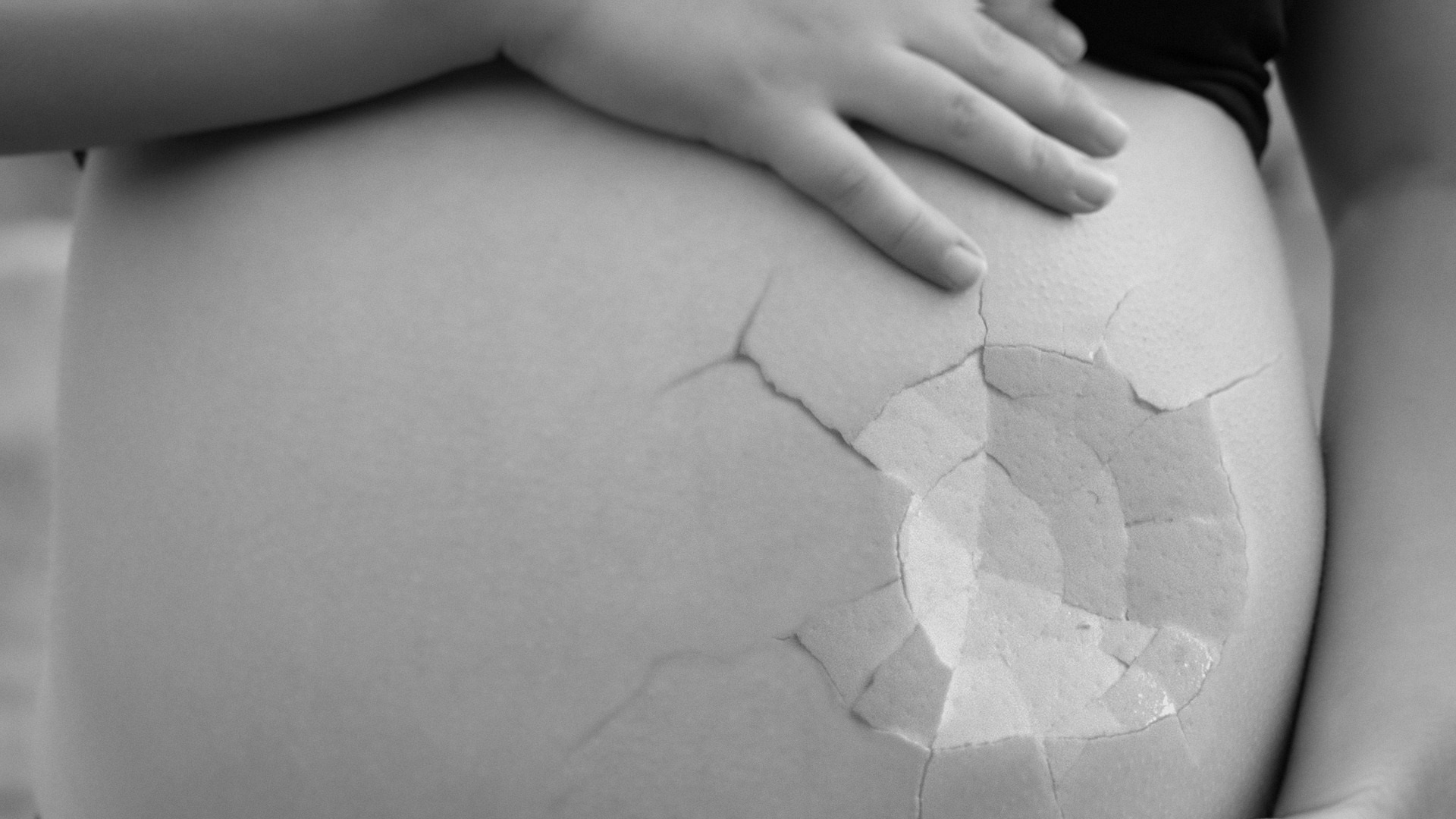
Wimbledon 2020 Cancelled
It is almost that time of the year when people would go watch a sporting

From November 18th to November 24th the International Foundation for Gastrointestinal Disorders, Inc. (IFFGD) promotes GERD Awareness week. The purpose of this 19-year annual awareness day is to urge people who think they might be affected with the illness to ask for medical help. Only by being able to correctly determine the indicators of GERD can people obtain proper, needed treatment, information, and support.
For this year, we offer some advice about relieving GERD symptoms by using the appropriate sleep position.
The occurrence of acid reflux is hard to manage, and it is the relentless burning ache from this that disturbs sleep. Gastroesophageal reflux disease (GERD) affects one in four individuals who disclose that heartburn does interfere with their nightly sleep cycle. In addition, three out of four people who have already been found to have GERD cannot get a good night’s rest due to the ailment’s symptoms. They are also susceptible to developing sleep apnea because the voice box tends to twitch as a result of acid reflux. Added to that are the other side effects of insomnia. Acid reflux at night endangers GERD patients of developing other conditions as well such as erosive dyspepsia, esophagitis, and esophageal cancer.
Aside from the pain, an improper sleeping position can escalate the backflow of acid to the throat or larynx, which can lead to choking or coughing that awakens people and keeps them awake. Gagging as a result of the presence of acid in the esophagus can also cause the same result. The simple act of lying down can enhance acid reflux, that is why a proper sleeping position is important in decreasing backflow from the stomach, in addition to promoting normal esophageal contractions that maintains acids down.

The following is the sleep position that is recommended by doctors so that acid reflux can be prevented and that you can sleep better:
Develop the habit of sleeping on your left side and not your right side or back. Sleeping on your right side relaxes the esophageal sphincter which causes the acid to seep through. Also, sleeping on your back, especially if you weigh more than the average for your height, can strain the stomach which thrusts acid up to the esophagus.
It is better to elevate your head and shoulders while sleeping because this position lets gravity do the job of keeping stomach acid where it should be. An estimated elevation of about 15 to 20 centimeters at a good angle for comfort is just right in most cases to keep reflux from occurring sans the discomfort of not lying down flat. Keep in mind that if you do not find sleeping with your head up comfortable, you are not going sleep very well anyway due to reflux. To provide additional support for your head, neck and shoulders, you can use an ergonomic 3D pillow for increased comfort.
Do not take in food for about 4 hours before getting into your optimal sleep position, and make sure that you do not consume large quantities of food at night. This provides ample time for your stomach to process the food completely in order to decrease acid levels as the food goes down in the digestive system. There will be less chance for reflux if there is less acid and less food.

If we increase the cooperation of everybody to promote GERD consciousness, the more we will be able create a positive impact for additional research, greater educational opportunities, and better patient care. Here’s what you can do to promote education in your community:

It is almost that time of the year when people would go watch a sporting

Queen Elizabeth II has two birthdays to celebrate: her actual birthday on 21 April and

The first of May is celebrated by many countries around the world as Labour Day